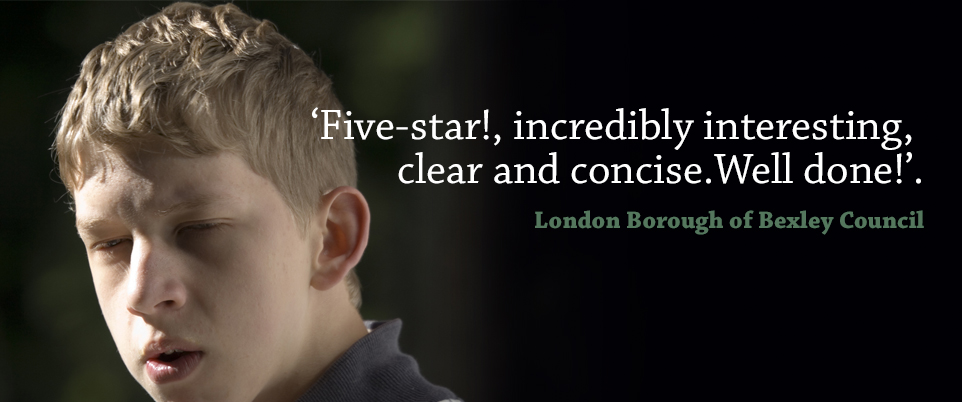This workshop provides a dedicated focus on the mental health disorders first recognised in childhood and adolescence.
 We offer a standard workshop and tailored variations. This overview of the mental health needs of children and adolescents will discuss fluctuations in mental wellbeing, anxiety and mood-related disorder, emerging psychosis, complex behaviours associated with self-harm and self-injury, the effects of social media on young people and the modern-day challenges that negatively impact the minds and lives of our young people.
We offer a standard workshop and tailored variations. This overview of the mental health needs of children and adolescents will discuss fluctuations in mental wellbeing, anxiety and mood-related disorder, emerging psychosis, complex behaviours associated with self-harm and self-injury, the effects of social media on young people and the modern-day challenges that negatively impact the minds and lives of our young people.
Please click the leaflet to download a PDF overview of this training
We offer a standard workshop and tailored variations. This overview of the mental health needs of children and adolescents addresses the factors associated with fluctuations in mental wellbeing, anxiety and mood-related disorders, emerging psychosis, complex behaviours associated with self-harm and self-injury, the effects of social media on young people and the modern-day challenges that negatively impact the minds and lives of our young people.
The key focus
Childhood and adolescent psychiatric disorder as identified in both ICD-11 and DSM 5 are addressed in these training events. The following conditions are explored through diagnostic criteria and behavioural symptoms:
- Autistic Spectrum Disorders
- ADHD & neurodiversity
- Intellectual disability and SEN
- Mood disorders including Bipolar Disorder in young people
- Anxiety disorders common to young people. This includes generalised anxiety and panic-related disorders, social phobias, OCD, trauma-related diagnoses, separation anxiety, selective mutism and phobias
- Non-Organic Psychosis
- Substance Misuse & Dual Diagnosis
- Eating Disorders
- Self-Harm & Emotional Dysregulation
- Oppositional-defiant behaviours and conduct disorders
- Differential Diagnosis, Comorbidity & the NICE Guidelines.
- The CAMHS system including informal and formal inpatient care
- Capacity decisions in relation to young people and adolescents including Gillick Competency
- The workshop will also address the areas often referred to as ‘emerging personality disorder’. This is commonly the EUPD / BPD diagnosis. This will help teams recognise the symptoms identified in ICD 11 / DSM5 diagnosis which can improve signposting and support.
Behavioural support training. PACE & Positive Behavioural Support Workshops
Behavioural support and communication strategies are blended into the training where appropriate. This can be extended into a two-day workshop where appropriate. This content is typically based on the following appropriate evidence-based models:
- PACE training,
- Positive Behavioural Support models (PBS)
- Adolescent Dialectical Behavioural Therapy and amended CBT
The training is a mix of evidence-based knowledge and conversational practice – carefully designed to equip your team with a extensive knowledge, skills and interventions.
Please click the leaflet to download a PDF overview of the PACE / PBS training
Training facilitators:
This training is delivered by facilitators trained in psychiatry and specialise in general psychiatric illness and abnormal psychology, personality disorder and mental disorders firs recognised in childhood and adolescence. We offer a wide-ranging, multi-disciplinary knowledge and skills with high quality, integrated evidence-based training that you can trust.



